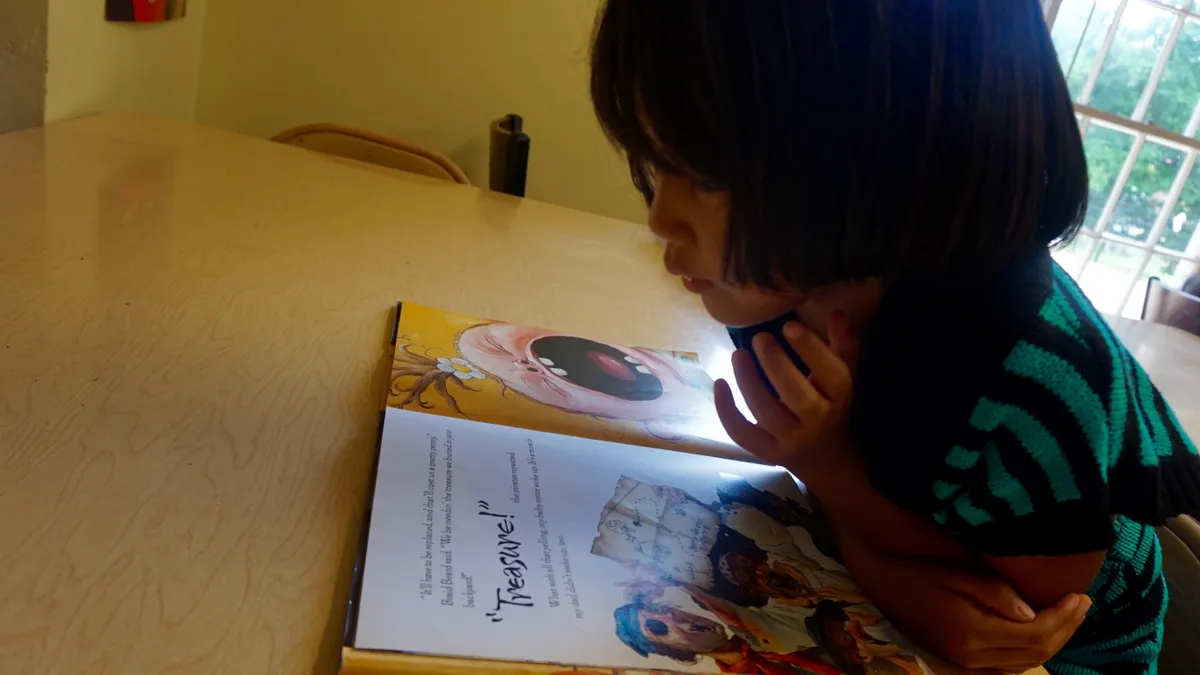Dive Brief:
-
A lawsuit was filed in Los Angeles last December on behalf of 10 students — mostly low-income and students of color — who attend one of three California schools. Two advocacy organizations also joined the lawsuit, which claimes that the state has violated the students’ right to a basic education, according to The74Million.
-
In the 2016-17 school year, only 4% of students attending La Salle Avenue Elementary scored proficient on state English language arts. Only a single fourth grader at Van Buren Elementary in Stockton scored proficient.
-
The state filed a petition to dismiss the case in May arguing that “the fact that some students do not read at grade level is not a constitutional violation.” If the judge upholds the lawsuit, a trial will be set for October of 2019.
Dive Insight:
The argument that literacy is a fundamental right, one that states are constitutionally bound to provide to all of its students, isn't a new one. A precedent was set in the U.S. Supreme Court back in the 1970s, which found that education was not a fundamental right under the U.S. Constitution.
Similar litigation was filed by the ACLU in 2012 on behalf of Highland Park, Michigan students. The Michigan constitution states that "the Legislature shall maintain and support a system of free elementary and secondary schools." The Michigan Court of Appeals dismissed that lawsuit, saying that while the legislature is bound to finance free public schools, the details of the delivery of specific educational services are left to local districts. The ACLU appealed, but the Michigan Supreme Court decided not to hear the case.
More recently, a dozen state officials in Michigan, including Governor Snyder, were named as defendants in a Detroit literacy case for systemic education failures that violated student rights under the U.S. Constitution. A judge recently threw that out, but it's being appealed.
In light of this latest lawsuit in California, it seems obvious that these cases will continue to be made.
As reported in the Detroit Free Press, Michael Rabell, a law professor at Teachers College at Columbia University, who runs the Campaign for Educational Equity, said 45 of the 50 states have faced litigation over inadequate education. While rights under the state or U.S. Constitution weren't always the crux of the cases, the plaintiffs won about 60% of the time.
Other experts suggest that, while nobody is arguing against literacy being exceedingly important, a case based on the U.S. Constitution is unlikely to succeed given the federal government's limited role in education policy. In fact, it could be a detriment to public schools, whose ability to make decisions on a local level might be hampered.










